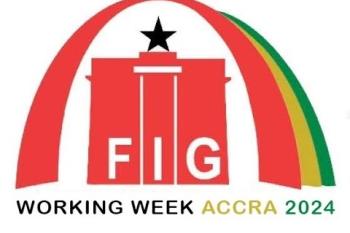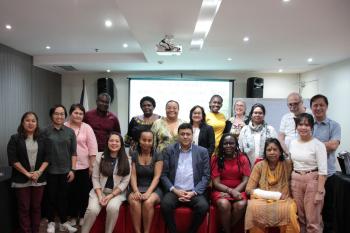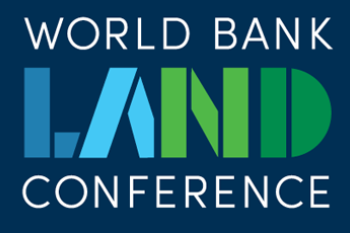
Scaling up community-based land registration and land use planning on customary land in Uganda
The Netherlands Enterprise & Development Agency (RVO), the Netherlands Embassy in Kampala (EKN), the United Nations Human Settlements Programme (UN-Habitat) and the Global Land Tool Network (GLTN) are pleased to announce their collaboration for a LAND-at-scale project in Uganda. In a virtual signing ceremony on September 9th, the partnership was made official. The project aims to contribute to the development of a structured and scalable approach towards improved tenure security and sustainable land use for men, women, and youth on customary land, in a fit-for-purpose and participatory way.
Uganda has an ambitious agenda to improve tenure security, aiming to title all land by 2040. This ambition is part of Uganda’s aim to transform from a predominantly low-income agricultural economy to a modern and prosperous country in 2040. Land is a pivotal element of this economic and social transformation. Even though the government has developed a modern legal framework for land governance, it remains a challenge to implement it in an accessible, context-sensitive and flexible way. Over 80% of the land is still accessed through customary land tenure systems. Processes to formalize land rights are unaffordable, time consuming and unattainable for majority of Ugandans. Across rural areas, it is estimated that almost 1 in 4 farms is in some sort of dispute over land. This land tenure insecurity particularly affects women and young people. Meanwhile, the pressure on land is increasing as the population of Uganda continues to grow. With lagging land productivity and climate change negatively affecting land use potential, the urgency of improving land governance and land use practices is high.
Against this background, the LAND-at-scale project in Uganda will contribute to developing a structured and scalable approach to improve land governance. The project will use a participatory and fit-for-purpose approach to land registration in selected areas and will develop procedures to facilitate the scaling of this approach in other districts of Uganda. “Even though formalization of tenure is the main goal, the approach is tailor-made to customary norms and practices in different areas of Uganda,” says Robert Lewis-Lettington, Chief, Land, Housing and Shelter Section of UN-Habitat. “We’ve been successfully applying this approach in various districts. It has proven to be a very effective method to strengthen customary land rights of smallholder farmers. We are excited to be able to scale-up this approach to the national level through this LAND-at-scale project.” GLTN as facilitated by UN-Habitat has a long-standing history in the country, not only working with smallholder farmers but also with the national government through the Ministry of Lands, Housing and Urban Development on the implementation of the National Land Policy, as well as in developing a National Land and Gender Framework.
The project will also focus on communal and climate-smart land-use planning. “Improving land-use practices has positive outcomes in a myriad of different ways,” says Josephat Byaruhanga from the Embassy of the Netherlands in Kampala. “Besides increasing productivity and protecting natural resources, this will provide people with a sense of value to their land, which goes beyond simply being a surface of certain square meters.” The LAND-at-scale project contributes to the Embassy’s efforts to improve food security conditions and the rule of law through the establishment of a responsible land governance system in the country.
Key to the project’s success is its embeddedness in ongoing processes and building on long-standing partnerships. Not only does the LAND-at-scale project build on the work done by GLTN and the Dutch embassy on this topic, collaborations with the Government of Uganda, IFAD, World Bank, FAO, ZOA and GIZ are envisioned as well. “Within LAND-at-scale we believe that partnership and alignment are essential to achieving maximum impact with our interventions,” says Astrid Broekaart, program coordinator for LAND-at-scale at RVO. “The project in Uganda is a great example of actively applying the principle of complementarity, coordination and synergy with ongoing processes in the country”.
Over the course of 4 years, the LAND-at-scale project aims to achieve the following three objectives:
- Improved tenure security for men, women and youth
- Inclusive, climate-smart and sustainable land use planning
- Improved capacities and awareness of key land stakeholders on customary land registration and land use planning


